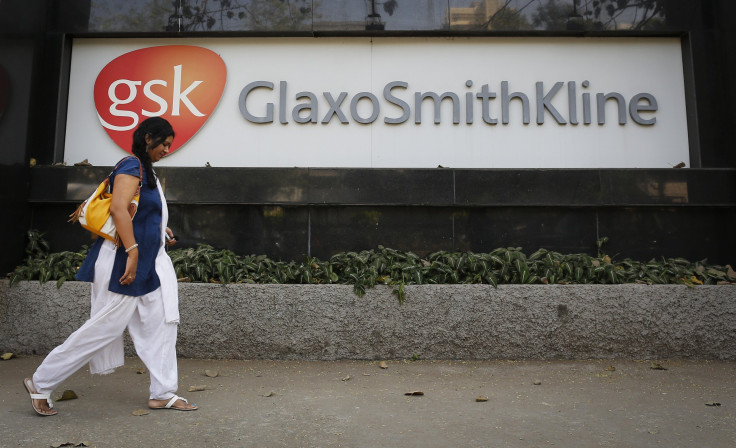GlaxoSmithKline Lung Drug Fails To Extend Life In Huge Study

(Reuters) - GlaxoSmithKline's inhaled medicine Breo failed to prolong life in patients with chronic respiratory disease in a high-stakes clinical trial of 16,500 people, torpedoing hopes of a sales boost for the drug.
Shares in Britain's biggest drugmaker fell 1.5 percent on Wednesday, lagging a strong London market, in reaction to the news announced by the company and its partner Theravance late on Tuesday. Theravance plunged 15 percent.
Investors had hoped the large study would increase sales for the medicine, potentially by billions of dollars, underpinning GSK's all-important respiratory business in the face of increasing competition.
Breo was approved in 2013 for chronic obstructive pulmonary disease (COPD), a leading cause of death worldwide that is often referred to as smoker's cough, but sales have been slow to take off.
While Breo did lower the risk of dying by 12.2 percent compared to placebo, the difference was not big enough to be deemed statistically significant.
Had it succeeded, Breo would have been the first drug to show a survival benefit in patients with COPD.
The drug also reduced the rate of decline in lung function and heart problems, but because Breo failed its main study goal, statistical significance could not be inferred for these or other secondary objectives. Serious adverse events were similar on Breo and placebo.
Nine years ago, a very similar study with GSK's older drug Advair, involving 6,100 patients, also narrowly failed.
The hope had been that the new trial would succeed where the previous one failed because it selected higher-risk patients in an attempt to get a positive outcome.
In the event, it marks a lost opportunity for the long-time leader in respiratory medicine, although Deutsche Bank analyst Richard Parkes said most analysts had not factored success into Breo forecasts given uncertainty over the impact of the trial on the drug’s potential.
Current consensus forecasts point to Breo sales of $1.55 billion by 2020, according to Thomson Reuters Cortellis.
Inhaled drugs such as Breo that combine a steroid and a long-acting beta agonist (LABA) help patients breathe more easily but their effect on survival has been unclear. The drug, like Advair, is also widely used to treat asthma.
Sometimes known as "son of Advair", once-a-day Breo has a dosing advantage over twice-daily Advair. But it has struggled at a time when GSK has been forced to cut Advair prices, with sales a modest 94 million pounds ($145 million) in the first half of 2015.
"Even if results had been positive, it was never clear how impactful they would be because physicians largely view Breo and Advair as interchangeable, and Advair is very well-entrenched," Bernstein analyst Tim Anderson said in a research note.
(Editing by Grant McCool and Mark Potter)



























